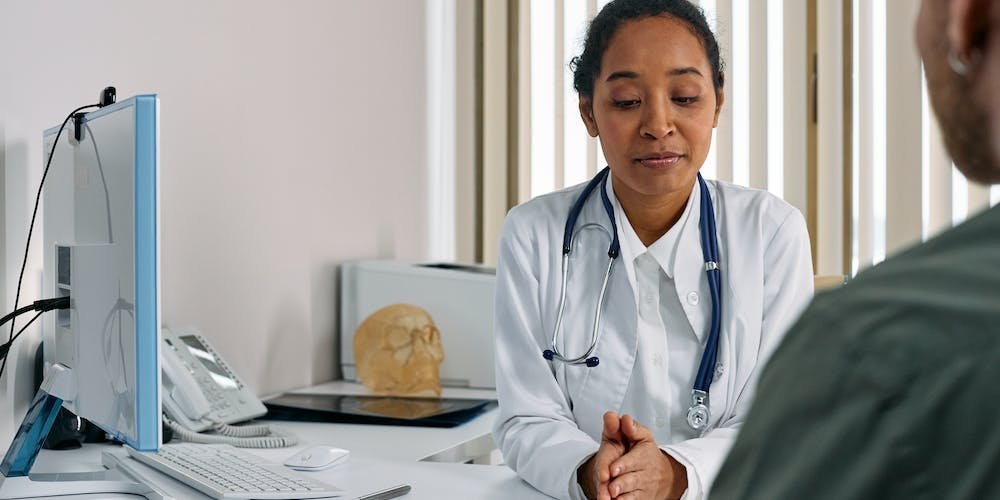
Consumers trust their doctors the most for information on medical and health treatments
Signing up for a medical or health treatment can often feel daunting. But which sources do consumers trust when it comes to information about health treatments? A recent YouGov survey reveals that medical professionals emerge as the most trusted sources of such information.
According to the survey - which asked consumers across 17 international markets about their level of trust in a variety of sources when it comes to information about health and medical treatments - nearly three in five (59%) of all consumers say they have a high level of trust in doctors that they know personally and/or have been treated by before.
Over two in five (43%) of them highly trust doctors in general while equal proportions of them trust nurses and pharmacists (37% each).
Among sources that consumers express low trust in, our survey lists advertisements (41%), social media (37%) and traditional media like newspapers and television (34%).
In many sectors, influencers are seen as a reliable medium when it comes to relaying product-related news to consumers - but not when it comes to information around medical treatments, our data shows. Nearly half (47%) of all consumers surveyed cite influencers as a source they do not trust. Further, just a third (33%) of all consumers say they do not trust social media as a source of medical information.
By country, sources that consumers most rely on for medical treatment-related information
Sources that consumers highly trust
Consumers in India account for the largest proportion (70%) of those who highly trust doctors who they know personally or/and have been treated by before for information about health treatments. Consumers in UAE (68%) and Denmark (65%) follow.
As for doctors in general, over half of all consumers in Denmark (54%), UAE (52%) and India (52%) rely on them for information on health treatment. Nearly half of Brits (49%) do so as well, while Americans (36%) are the least likely to trust doctors in general for such information.
Over half of all Brits (51%) trust nurses for medical treatments-related information. So do 53% of consumers in Denmark - the most likely across all markets. Over a quarter (27%) of Germans trust nurses as well - the least likely across all markets to do so.
Nearly half of all consumers in Great Britain (47%) are trusting of pharmacists, followed by those in Denmark (43%) and Germany (39%).
Sources that consumers don’t seem to trust a lot
Consumers in the UAE (46%) and Denmark (43%) are most likely to trust public health authorities for information on medical treatments, whereas those in Germany (19%) are the least likely to follow suit.
UAE leads when it comes to trusting sources that consumers from other markets don’t seem to value - health brands (28%), traditional media (16%), social media (11%) and advertisements (12%) and influencers (11%). UAE, India and Singapore are the only three markets that show double digits when it comes to trusting sources like traditional media.
Just a single percent of Brits trust sources like social media, advertisements and influencers.
Explore our living data - for free
Discover more media content here (whichever sector is relevant)
Want to run your own research? Start building a survey now Make smarter business decisions with better intelligence. Understand exactly what your audience is thinking by leveraging our panel of 20 million+ members. Speak with us today.
Methodology: YouGov Surveys: Serviced provide quick survey results from nationally representative or targeted audiences in multiple markets. The data is based on surveys of adults aged 18+ years in 18 markets with sample sizes varying between 512 and 2000 for each market. All surveys were conducted online in August 2023. Data from each market uses a nationally representative sample apart from Mexico and India, which use urban representative samples, and Indonesia and Hong Kong, which use online representative samples. Learn more about YouGov Surveys: Serviced.
Photo by cottonbro studio on Pexels